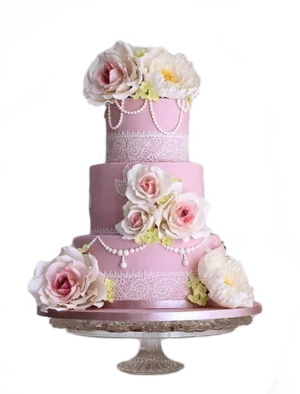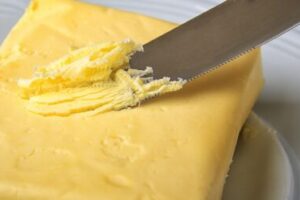
History of Cakes

Did you know??
The word “Cake” came into existence as early as the 13th Century. This word of Viking origin derived its name from the Old Norse word “Kaka”.
A joyous occasion these days is never complete without a cake. A cake is symbolic of good times and which is why we all love cake. Do you know the history of cake?
History of cake:
In the ancient times, bread and cake were interchangeably used, cake being the name for smaller round breads. Bread dough was enriched with dried fruits, nuts, butter, eggs and honey, producing a sweet bread to make a cake. Food Historians mention the Ancient Egyptians to be the first civilization to discover the art of baking.
“Cake” was named so, as early as the 13th Century and derived its name from the Old Norse word “Kaka”.
Cakes were usually baked for special occasions and considered a symbol of well being.
Around 16th Century, beaten eggs were discovered for leavening cakes instead of yeast. Around mid 19th century, Baking Soda and Baking Powder were discovered and the soft airy cake we know today came into existence.
Why were cakes round?
Traditional Ancient cakes were usually made for religious ceremonies and special occasions. They were purposely shaped round symbolising the cyclic nature of the earth, sun and the moon.
History of Cake in India:
The history of cake in India began in the year 1883 in the Thalassery, Kerala. Mambally Bapu baked the first cake in his bakery Royal Biscuit Factory on request of an English official. It is said that this cake turned out better than the official expected.
Share with your friends
Share on facebook
Share on pinterest


